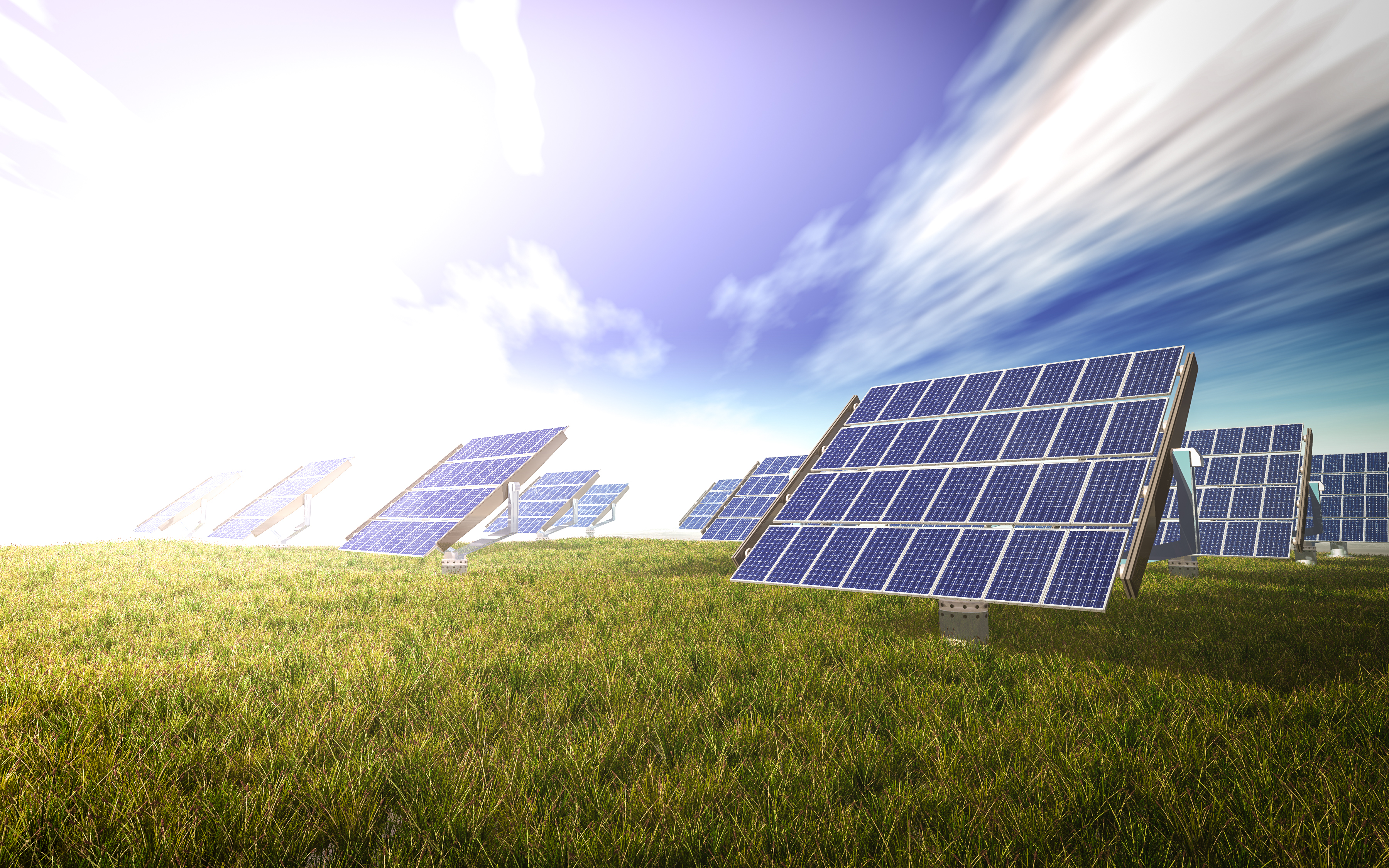
#Budget2020: Renewable Energy can save South African economy
February 27, 2020
The Green Building Council South Africa welcomes Finance Minister Tito Mboweni’s commitment to do “whatever it takes” to ensure a stable electricity supply to grow the South African economy, because painful change is required.
The Green Building Council South Africa (GBCSA) welcomes Finance Minister Tito Mboweni’s commitment to do “whatever it takes” to ensure a stable electricity supply to grow the South African economy, because painful change is required.
“There is a realisation that the economy is standing still. If government leave it as it is it will get worse. They have to do something,” said Ian Cruickshanks, Chief Economist at the Institute of Race Relations, about Minister Mboweni’s 2020 budget speech.
As part of the R230-billion allocated to rebuild South Africa’s energy sector during the next decade, cheap, plentiful and clean electricity must be introduced to a stable, reliable grid. South Africa has decades’ of coal, but burning more of it quicker will not resolve its crisis. Renewable power is able to add momentum to the economy, not only through the jobs it creates but through the cheaper electricity it supplies, bringing down the cost of business.
So it is understandable why Minister Mboweni is widening the window of opportunity for Independent Power Producers (IPP) to be commissioned by accelerating Bid Window 4 of the renewable energy programme, and rightly anticipates technological advancement to keep driving down the costs while increasing the capacity of new plants.
But the reality of South Africa’s present energy crisis requires bolder action. “Regrettably renewables are not being treated as a primary urgency, as they should be,” said Cruickshanks.
Minister Mboweni recognises that renewable energy can be commissioned quicker, cheaper and as reliably than coal, but makes no mention of the relatively simple task of amplifying existing IPP capacity through better regulation to enable appropriate distribution grid capacity upgrades; utilise the extra power generated by the growing number of IPPs and; update billing mechanisms to allow consumers who generate some or all of their electricity to use that electricity at any time.
Carbon tax was acknowledged as a source of revenue, but the question remains of how government will subject Eskom to the same tax requirements as those who use its carbon-intense electricity.
“As IPPs can prove their cost effectiveness, the pace of acceptability of change will multiply,” Cruickshanks concludes. “At this stage there is no attention paid to the long term endeavours required [to change the trajectory of the local economy]. It’s a tragedy.”






